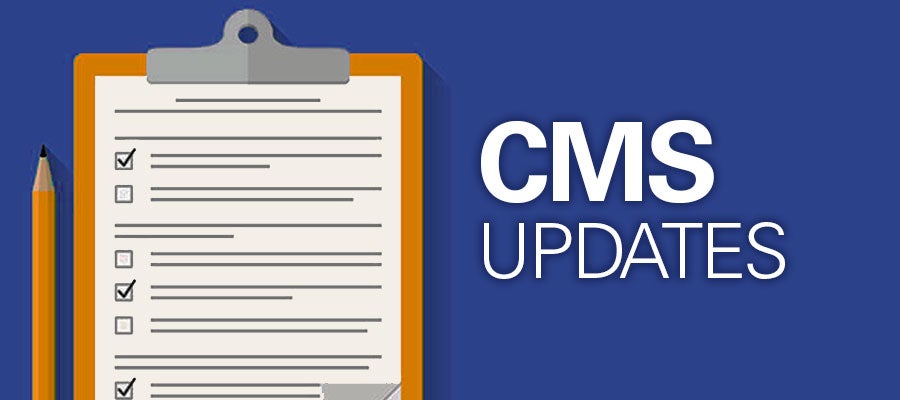
In an open letter to the American public, the AHA, along with the American Medical Association and American Nurses Association, affirmed their support for vaccines as a critical means for protecting individuals, communities and loved ones from COVID-19.








